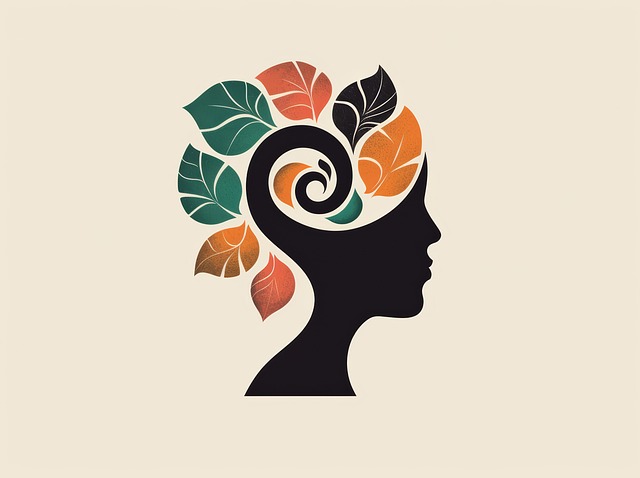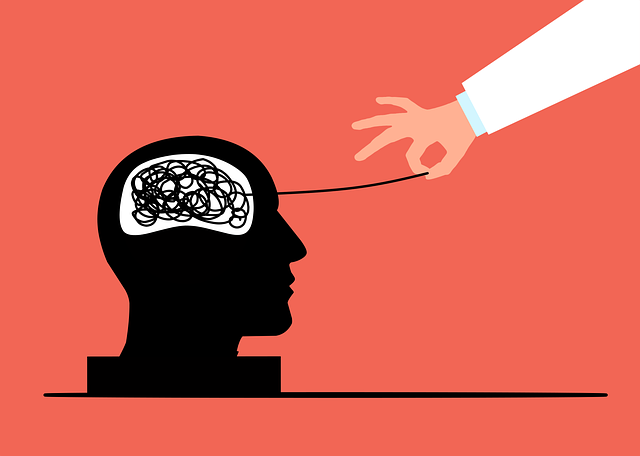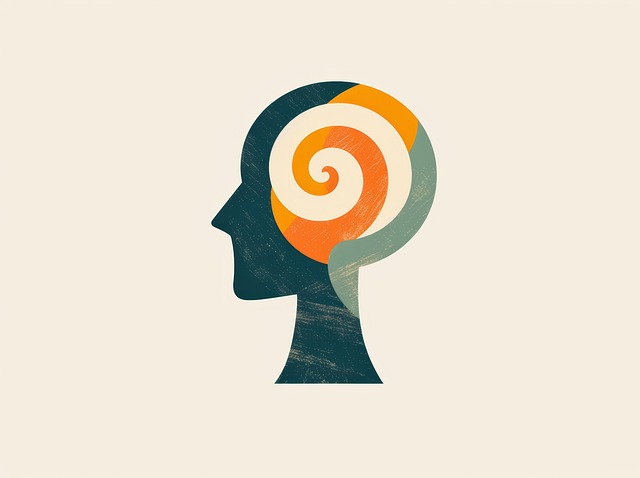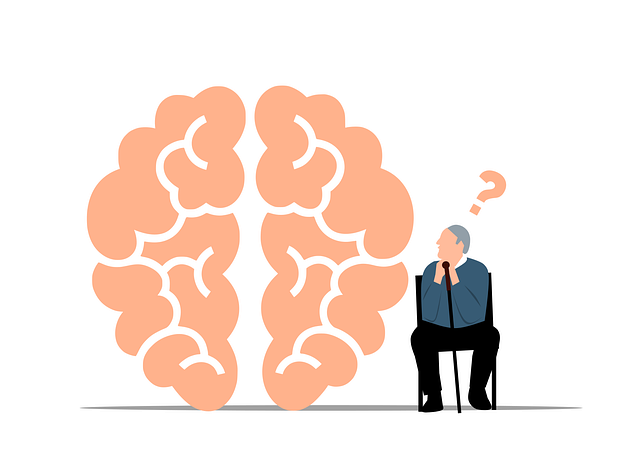Emotional Intelligence (EI) is crucial for personal growth and well-being in complex relationships like polyamory or open partnerships, as highlighted by Lone Tree Polyamorous and Open Relationships Therapy. This therapy focuses on cultivating EI skills through self-awareness, empathy, and effective communication. By promoting active listening, open dialogue, and mindfulness, individuals learn to manage multiple partnerships while respecting emotional needs, reducing conflict, and enhancing mental health satisfaction. Techniques like role-playing and reflective exercises foster understanding, compassion, and stigma reduction in both personal and professional settings, ultimately strengthening relationships.
Emotional intelligence (EQ) is a powerful tool for personal growth and building meaningful connections. In this comprehensive guide, we explore various aspects of EQ development, from self-awareness to communication strategies. Learn how cultivating empathy can strengthen relationships and why open and polyamorous dynamics are gaining traction in therapy. Discover practical insights to enhance your emotional agility, foster healthier bonds, and navigate complex romantic landscapes, even in the unique context of Lone Tree Polyamorous and Open Relationships Therapy.
- Understanding Emotional Intelligence: Unlocking the Power Within
- The Role of Self-Awareness in Building Healthy Relationships
- Enhancing Empathy: Walking in Others' Shoes
- Effective Communication Strategies for Improved Connections
- Navigating Complexities: Open and Polyamorous Relationships in Therapy
Understanding Emotional Intelligence: Unlocking the Power Within

Emotional intelligence (EI) is a vital component of personal growth and well-being, especially in navigating complex human connections. It involves recognizing and managing one’s own emotions while empathizing with others, fostering healthy relationships, and making thoughtful decisions. For individuals within unique polyamorous or open relationships, such as those seeking Lone Tree Polyamorous and Open Relationships Therapy, understanding EI can be transformative. These relationships require heightened emotional awareness to navigate the dynamics of multiple partnerships, ensuring everyone’s needs are respected and met.
The concept is not merely a personal trait but a skill that can be cultivated and enhanced through practices like self-reflection, active listening, and mindfulness. In the context of mental health policy analysis and advocacy, promoting EI can contribute to burnout prevention strategies for healthcare providers, as it fosters resilience and effective communication. By recognizing the impact of emotions on decision-making and interpersonal interactions, individuals can avoid potential pitfalls of Burnout Prevention, enhancing overall mental health and relationship satisfaction.
The Role of Self-Awareness in Building Healthy Relationships

Developing self-awareness is a cornerstone in building healthy relationships, especially within unique dynamics like polyamorous and open relationships. This involves recognizing your emotions, understanding their triggers, and interpreting how they influence your thoughts and behaviors. In the context of Lone Tree Polyamorous and Open Relationships Therapy, individuals learn to navigate complex emotional landscapes with honesty and transparency, fostering deeper connections and mutual respect.
Self-awareness empowers individuals to communicate openly about their needs, desires, and boundaries. It facilitates active listening, empathy, and understanding in relationships, which are essential for managing potential conflicts and maintaining emotional balance. Moreover, cultivating self-awareness can aid in depression prevention by promoting mood management and encouraging a proactive Self-Care Routine Development for Better Mental Health.
Enhancing Empathy: Walking in Others' Shoes

Enhancing empathy is a cornerstone of emotional intelligence building, and it’s where walking in others’ shoes comes into play. This simple yet profound act involves putting yourself in someone else’s position to understand their feelings, thoughts, and experiences. In the context of Lone Tree Polyamorous and Open Relationships Therapy, this means creating safe spaces for individuals and couples to explore and share their innermost feelings with trusted partners or therapists. By fostering a culture of openness and vulnerability, these therapies help participants develop a deeper sense of empathy towards others’ unique perspectives and challenges.
Mental Health Education Programs Design often emphasize the importance of empathy in building strong interpersonal connections and reducing mental illness stigma. Through role-playing scenarios, group discussions, and reflective exercises, individuals learn to recognize emotional cues, validate others’ feelings, and respond with compassion. This not only strengthens relationships but also contributes to broader Mental Illness Stigma Reduction Efforts by fostering a more understanding and supportive society. Moreover, risk assessment for mental health professionals plays a crucial role in ensuring these practitioners are equipped to handle complex situations while maintaining empathic connections with their clients.
Effective Communication Strategies for Improved Connections

Effective communication is a cornerstone of building emotional intelligence, especially within complex relationships like those explored in Lone Tree Polyamorous and Open Relationships Therapy. This involves active listening, where individuals focus on understanding others’ perspectives and emotions without judgment. It’s about conveying thoughts and feelings clearly, ensuring that messages are received as intended. Through open dialogue, therapists can help clients enhance their social skills training, fostering deeper connections and improving overall emotional well-being.
In the context of mental illness stigma reduction efforts, effective communication strategies play a pivotal role. Workshops that teach stress management techniques often emphasize the importance of empathetic conversation to create supportive environments. By learning to communicate with kindness and understanding, individuals can break down barriers associated with mental health discussions, leading to more open conversations and improved relationships, both personally and professionally.
Navigating Complexities: Open and Polyamorous Relationships in Therapy

In the realm of Lone Tree polyamorous and open relationships therapy, navigating complexities is a delicate art. These unconventional partnerships present unique challenges and opportunities for growth within therapeutic settings. Many individuals seeking support might wonder how such arrangements can be addressed effectively, especially when striving for emotional intelligence building. Therapists play a pivotal role in fostering an environment where all parties involved feel heard, respected, and validated.
By integrating techniques from mental wellness podcast series production, therapists can create safe spaces to explore the nuances of these relationships. This involves facilitating open dialogue, promoting active listening, and teaching effective communication strategies. Emphasizing emotional well-being promotion techniques, therapy sessions can help individuals manage stress related to their intimate connections. Through this process, clients learn to balance their desires for multiple partnerships while maintaining healthy boundaries, ultimately enhancing their overall emotional intelligence.
Emotional intelligence is a powerful tool that enriches our personal and professional lives. By cultivating self-awareness, empathy, and effective communication strategies, individuals can build healthier relationships, both in their personal and professional spheres. The exploration of complex dynamics like open and polyamorous relationships in therapy further underscores the versatility and importance of emotional intelligence. As we navigate life’s challenges and connections, Lone Tree Polyamorous and Open Relationships Therapy offers a unique perspective on fostering genuine bonds, emphasizing the significance of understanding and managing emotions for those seeking to live more fulfilling lives.














